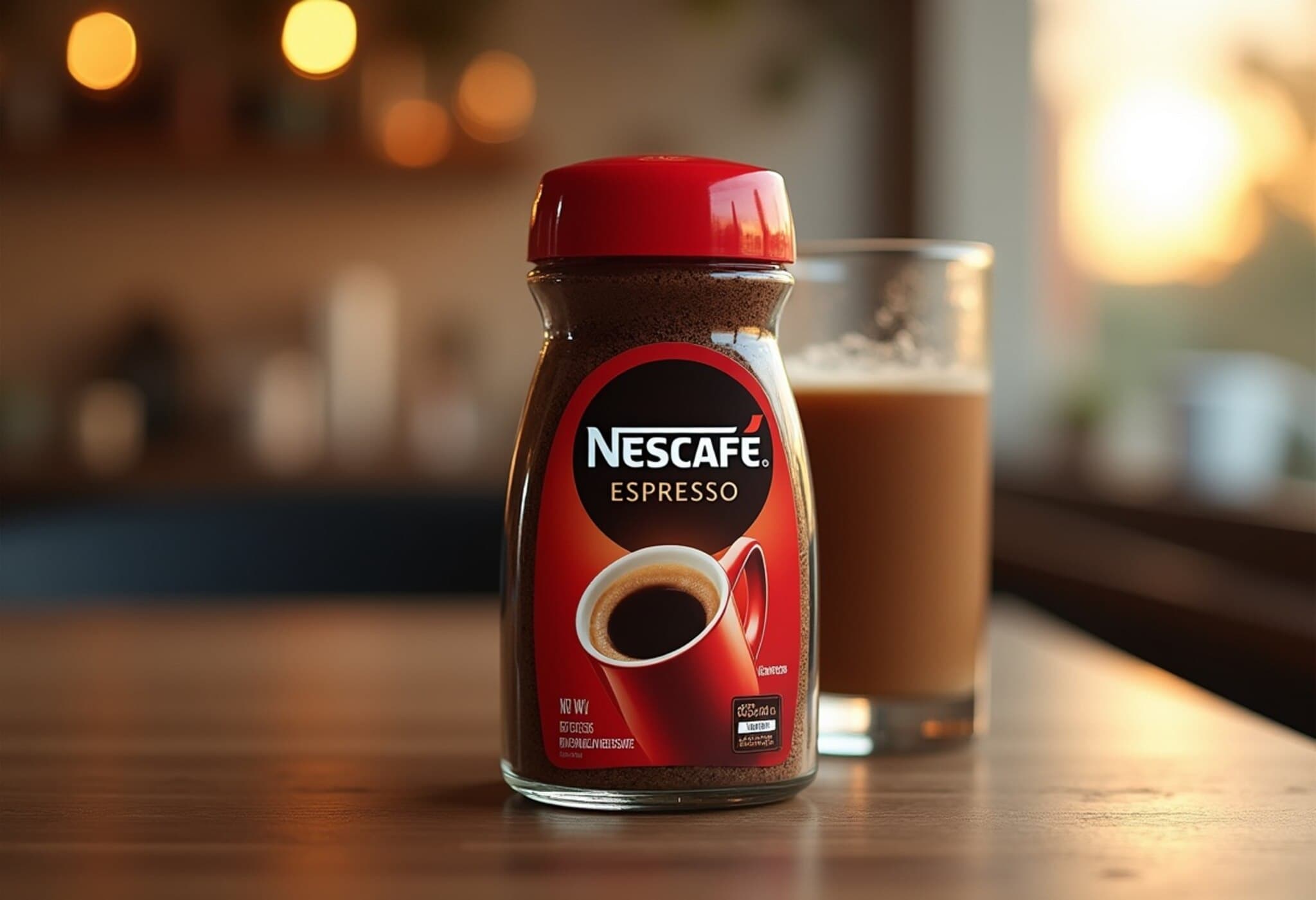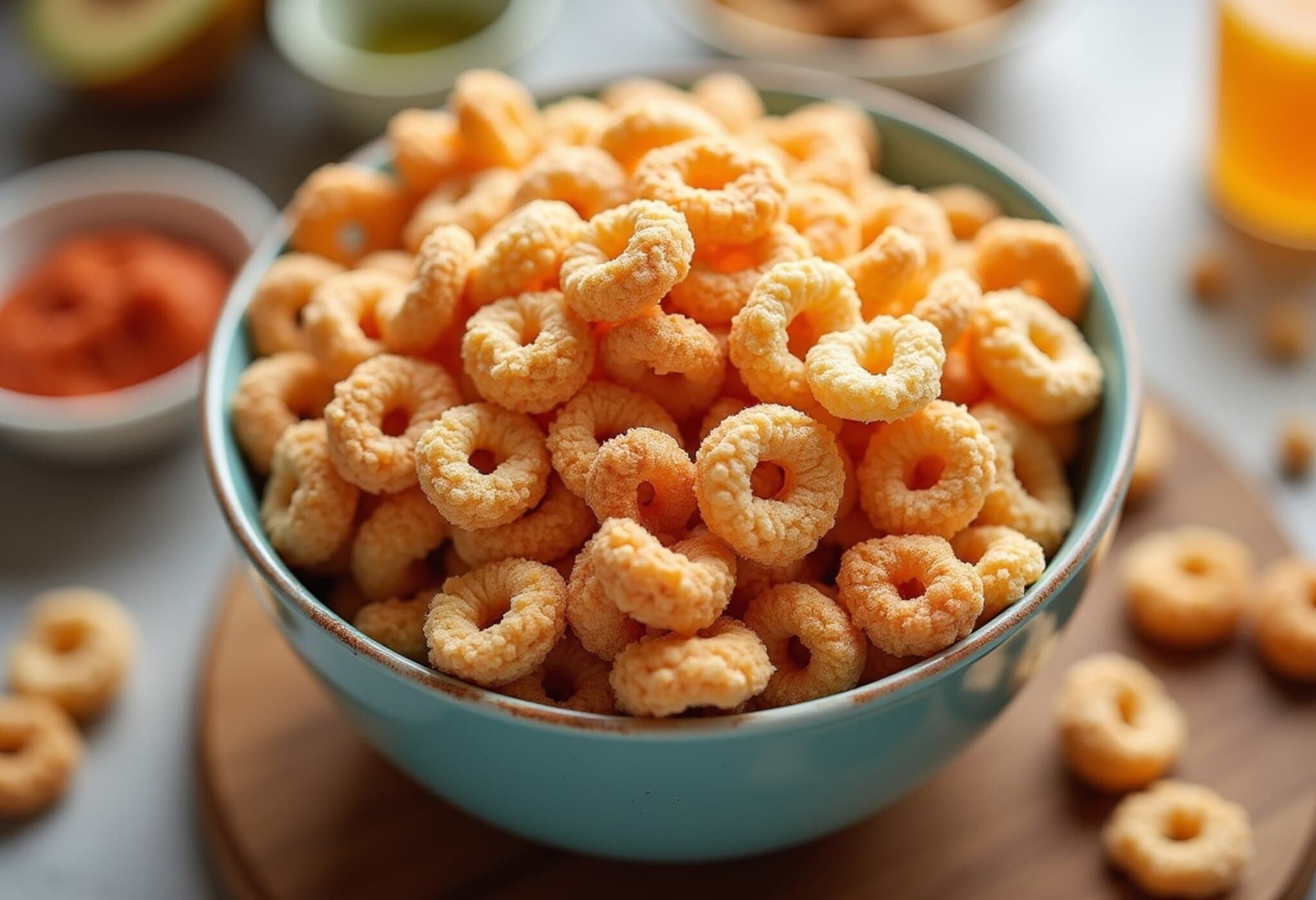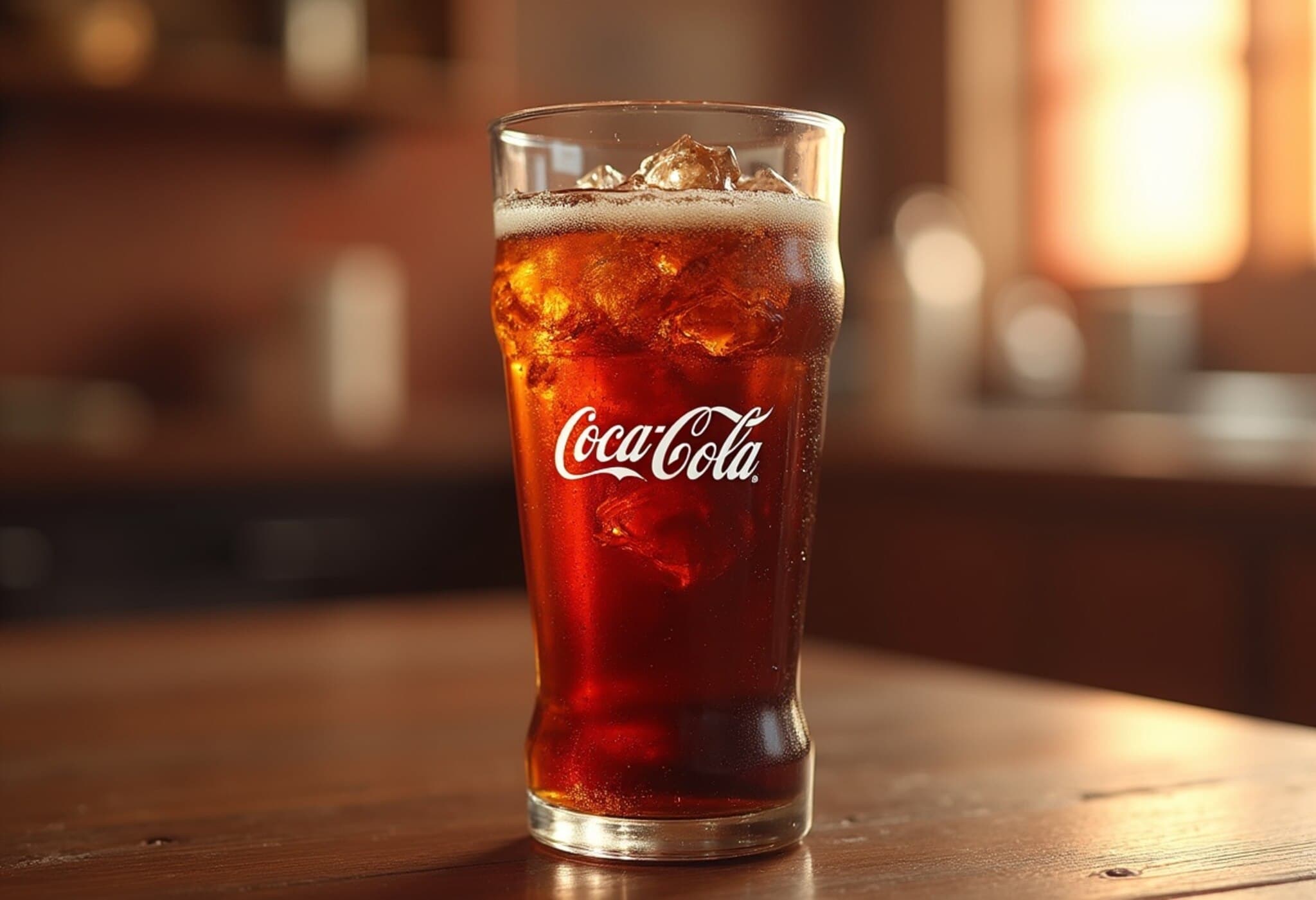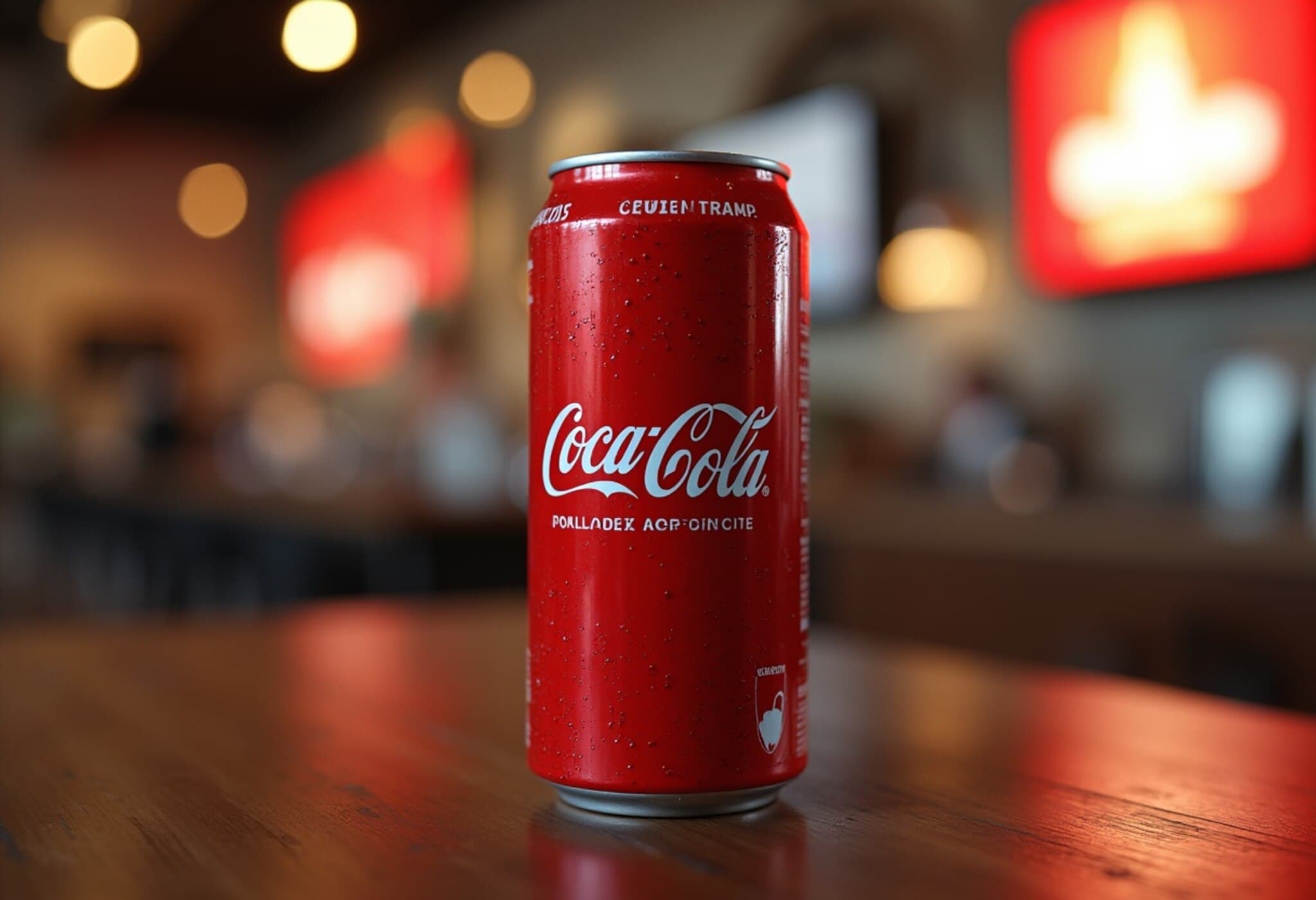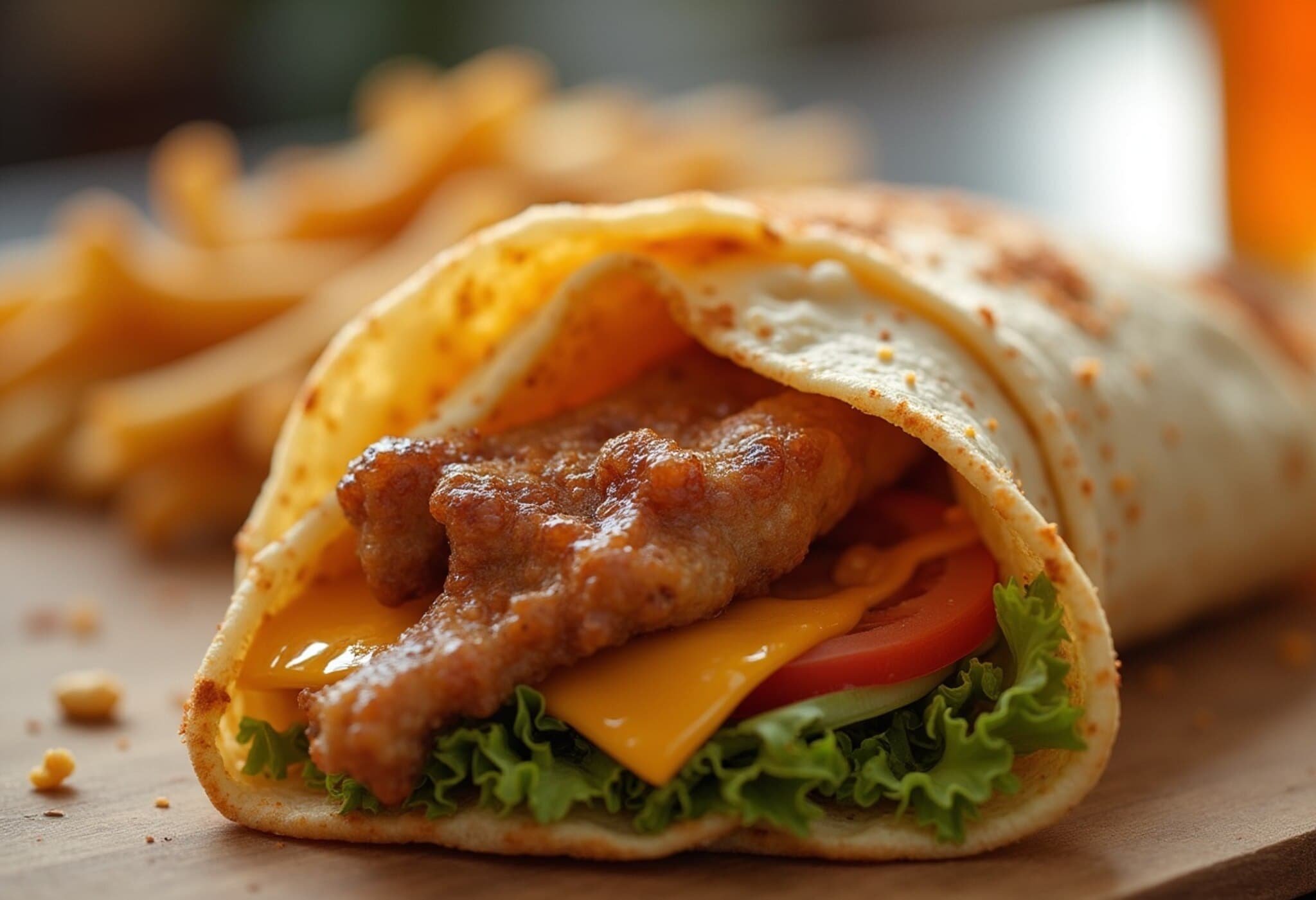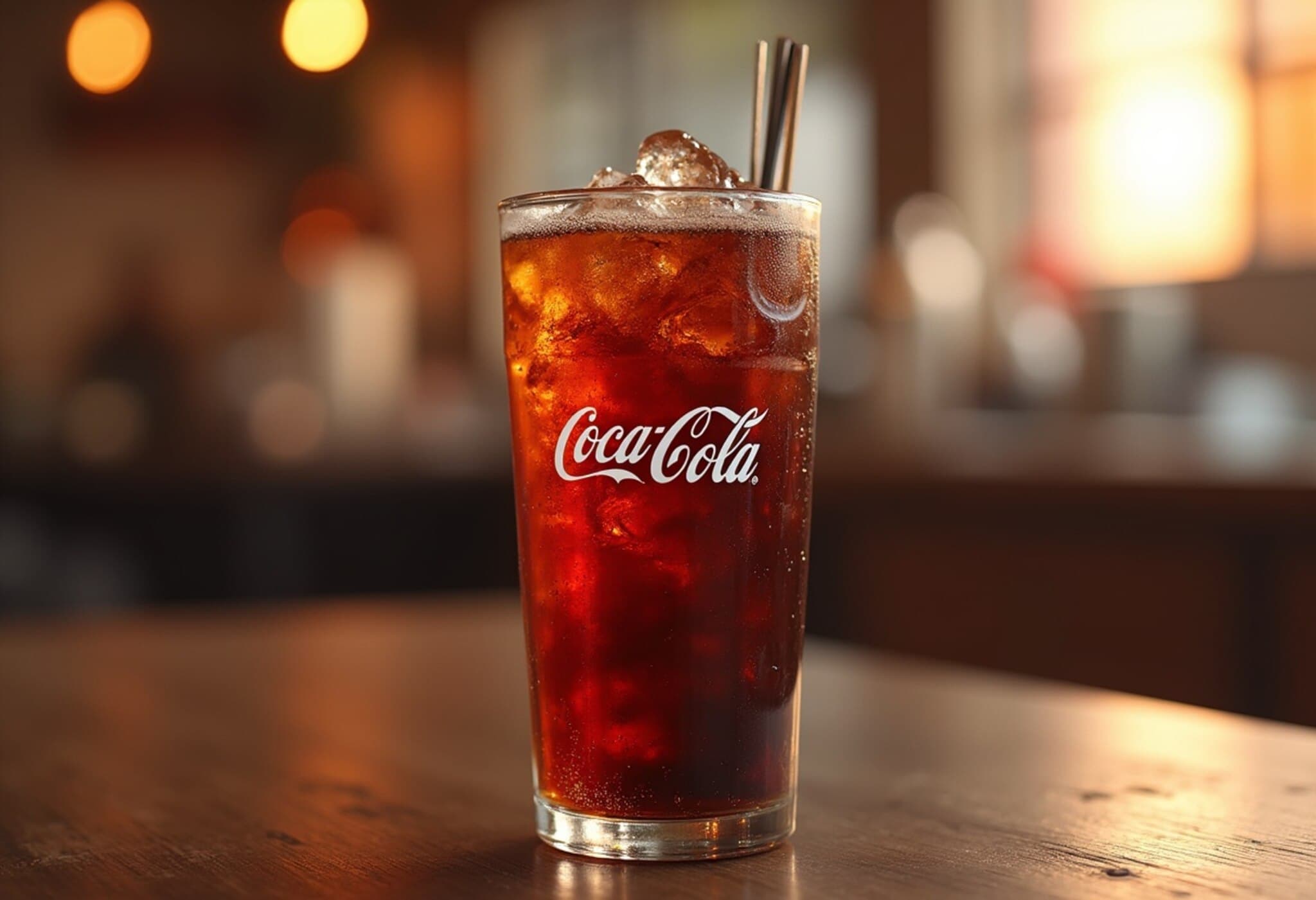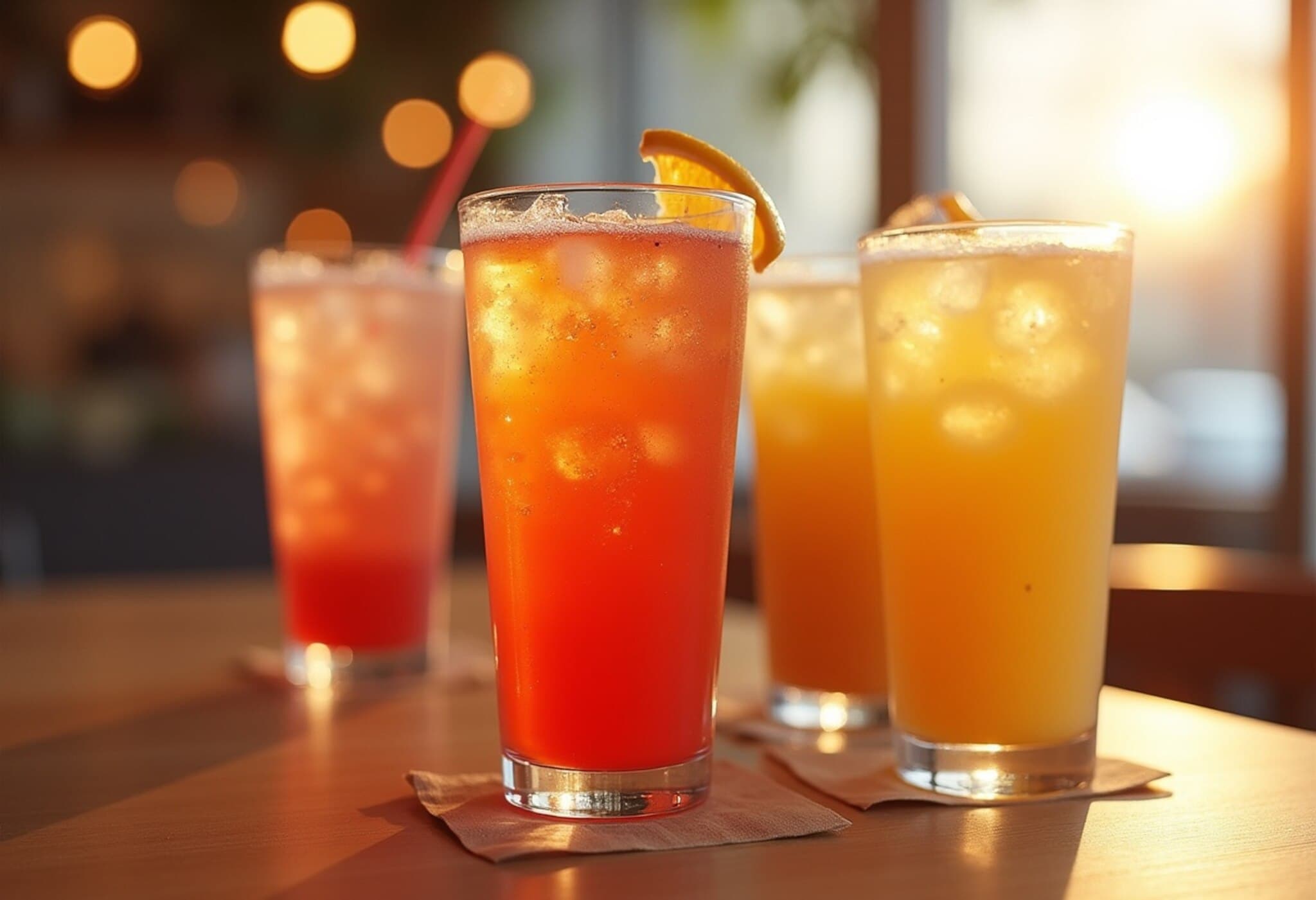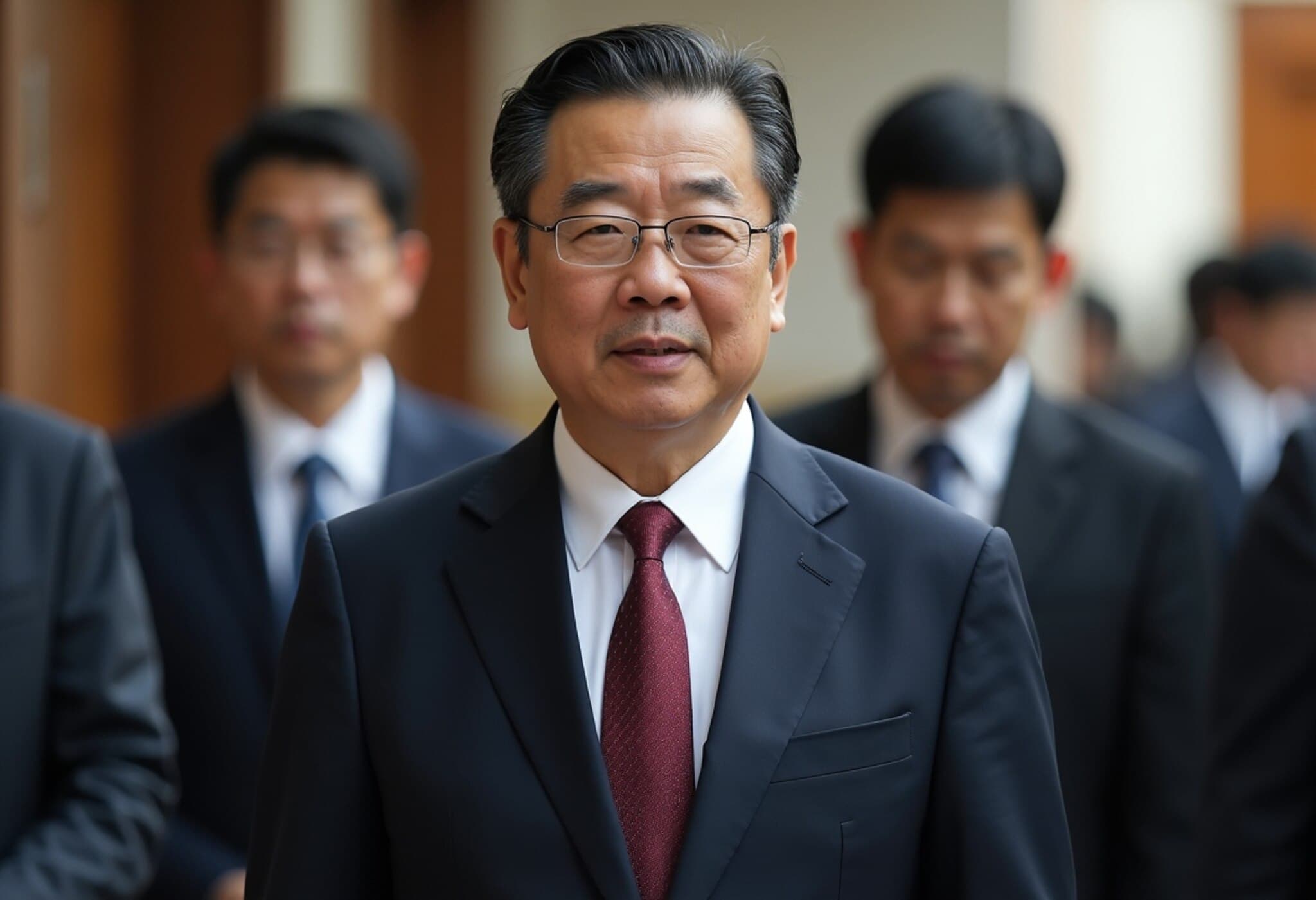Nescafe Reinvents Itself to Win Over Gen Z Coffee Drinkers
In a quiet Swiss town shadowed by the Alps, a factory that has been brewing coffee innovations since 1938 is now at the forefront of a major shift in global coffee consumption. Nescafe, the legendary brand owned by Nestlé, is pivoting sharply to capture the hearts and taste buds of younger consumers, especially Gen Z. This generation’s evolving preferences are reshaping one of the world’s most iconic coffee brands.
Cold Coffee: A Game-Changer for Nescafe
Don Howat, Nescafe’s global category lead at Nestlé, puts it plainly: "We have to develop solutions specifically to bring young people into the Nescafe brand." That solution comes in the form of cold coffee. Today, roughly 32% of out-of-home coffee consumption is iced, signaling a significant market opportunity that many traditional coffee players had yet to fully tap.
For many Gen Z consumers, cold coffee is often their gateway to the caffeine world — a stark contrast to older generations who predominantly start their days with a hot cup. Recognizing this, Nescafe aims to expand beyond its traditional morning hot brew, targeting anytime consumption that fits younger lifestyles, especially afternoon and evening social moments.
The Rise of Nescafe’s Espresso Concentrate
To seize this trend, Nescafe introduced its Espresso Concentrate — a versatile cold liquid concentrate designed to empower consumers to personalize their coffee experience at home. Unlike the surge of ready-to-drink (RTD) cold coffees that flood shelves, this product invites experimentation: mix with milk, water, lemonade, or whatever flavors suit your mood.
Launched first in Australia in late 2024, the concentrate has quickly expanded into major markets including the U.S., U.K., Canada, Japan, China, and Singapore. The strategy also includes collaborations with social media influencers like Zach King to authentically engage younger audiences.
Reclaiming Market Leadership Amid Industry Challenges
Nescafe’s bold new product strategy comes at a pivotal time for Nestlé. The food and beverage giant has faced pressure from commodity price hikes, intensifying private-label competition, and slower growth compared to rivals like Unilever and Danone. Since CEO Laurent Freixe stepped in September 2024, Nestlé has streamlined its priorities, emphasizing "fewer, bigger, better innovations" with coffee as a starring category.
Freixe’s renewed focus on core products shines through in Nescafe’s innovation pipeline, signaling a concerted effort to regain market share and relevance among the younger demographic who crave customization and convenience.
Beyond Coffee: Capturing New Social Rituals and Preferences
Perhaps most intriguing is Nescafe’s long-term vision to recast coffee as a sophisticated alternative to alcohol, tapping into Gen Z’s documented trend of reduced alcohol consumption. Howat notes, "They're drinking a lot less alcohol compared to previous generations," creating space for coffee to step into evening social occasions as a refined yet non-alcoholic choice.
This opens avenues for new product formats — decaffeinated options, indulgent cold beverages, and premium personalization — aimed at replicating the social ritual of drinking out without the downsides of alcohol.
Wider Global Ambitions
Nescafe is also eyeing traditional tea markets such as India, China, and Japan, where coffee consumption is growing but remains secondary. By merging customization and premiumization, the brand hopes to change cultural drinking patterns, making coffee a more integral, versatile part of daily life worldwide.
Expert Insights: What This Means for the Coffee Industry
- Customization is key: Today's younger consumers expect to tailor their beverages, blending flavors and textures rather than settling for one-size-fits-all products.
- Product versatility over premade convenience: While RTD coffees dominate, Nescafe’s concentrate model taps into a budding consumer desire for interactive drink creation.
- Social and cultural shifts: With Gen Z drinking less alcohol, coffee brands can creatively position themselves as alternative lifestyle choices, opening new revenue streams.
- Brand revitalization through targeted innovation: Nestlé’s strategic sharpening around their coffee portfolio may set a blueprint for other large corporations facing growth challenges.
Conclusion: Brewing a Future for Nescafe With Gen Z at the Core
Nescafe’s journey from a classic morning staple to a dynamic, customizable, all-day coffee companion reflects profound shifts in consumer behavior. By embracing cold coffee, personalization, and emerging lifestyle trends, this Swiss powerhouse is not only defending its legacy but reinventing it for today’s fast-evolving tastes.
Editor’s Note
Nescafe’s strategy highlights a critical question for the global beverage market: will coffee become the next go-to social drink replacing alcohol for younger adults? This approach challenges longstanding consumption habits and offers exciting potential for innovation across categories. As Gen Z reshapes global tastes, brands that combine legacy strengths with nimble innovation stand to win big.
Following Nescafe’s developments could offer valuable lessons for marketers and policymakers interested in shifting consumption patterns, health trends, and sustainable product design.

